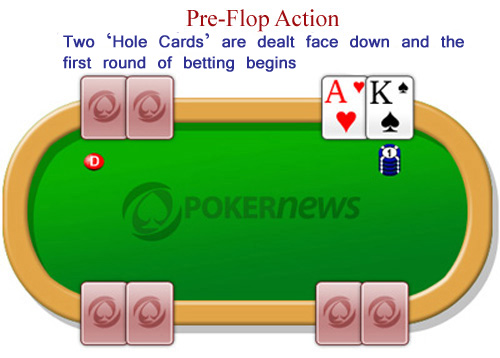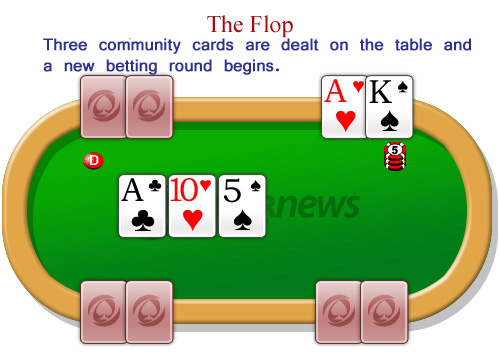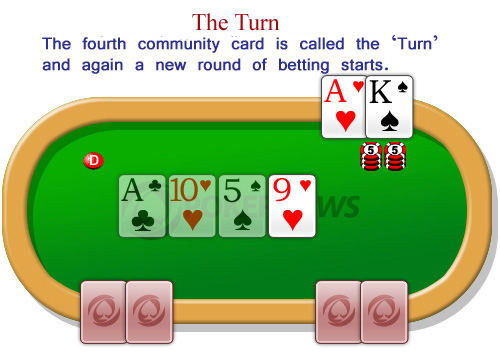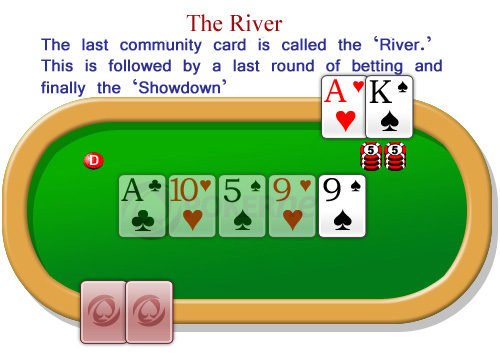Life of an Online Gambler
If you’ve ever dreamed about getting away from the drudgery of working all day long to make some other guy rich, poker just might be the answer. But be warned; playing poker for a living isn’t all roses and lollipops. Playing poker for a living needs to be treated like a serious job because your livelihood depends on it. I can speak from experience when I tell you that as nice as it is not answering to a boss, playing poker for a living can be a stressful job. At the same time, it can also be an extremely well-paying job.
In this article, I’m going to tell you a little bit about what it’s like to play poker for a living. This article won’t cover things like expenses, health insurance and rent. For a complete breakdown of that stuff, check out this article titled “How Much Money Do I Need to Go Pro?”
Typical Day as a Professional Poker Player
I would typically play poker for 3 or 4 hours in the morning and then go make something for lunch. In the afternoon, I would find something else to do, like clean the house, meet a friend somewhere or whatever. In the evening, I would start another session to catch all the recreational evening players. I’d play for as long as I could stay alert. If I started to get distracted or groggy, I would log off and call it a day.
That all sounds nice and dandy but not every day went totally according to plan. Sometimes I would start out and immediately hit a downswing and have to spend the rest of the day digging myself back out of that hole. Even though I understood variance and knew downswings happened to everyone, it was frustrating to start the day off like that. What I had to do was learn how to put those hands behind me and continue on playing like normal.
Benefits of Going Pro
The best part about being a professional poker player is the money. The freedom was also nice, but there are few ways for a college student to make ten or twenty thousand a month from home. It was nice having more money than knowing what to do with it all. I got to go on trips, buy anything I wanted and save money for my future. There’s nothing more a young college kid (or anyone else) could ask for.
The freedom was important to me as well because I couldn’t stand working for other people. It sickened me to work for such pitiful wages when I knew the owners of the places I worked at were pulling in several thousand dollars a day off the fruits of our labor. It was also good to be able to take off work on a moment’s notice to attend to any emergencies or check out a fun event.
Drawbacks to Going Pro
As nice as being a professional poker player is, there are several drawbacks that you need to seriously consider. First, the future of the career is unknown. Do you think you’ll be able to play poker for 20 years and retire from it? There are many unknowns there including government regulation and abundance of strategy resources for the fish.
Secondly, if you go pro, you’ll have a major gap in your resume if you ever decide to return to the working world. The general population is astoundingly ignorant when it comes to poker so if you tell a future employer that you were a professional online poker player, the odds are they will assume you were some kind of degenerate. It’s frustrating but that’s how it is.
If you have a family that depends on you to make a living, going pro is even more stressful. Not only do you have to worry about yourself, but you also have to worry about your family. If you have a major downswing, you need to have a back up plan in place to feed your family. Otherwise, you and them will just be out of luck.
Going pro also puts a major strain on your bankroll. When you constantly cash out for living expenses, it makes it harder to keep a steady bankroll. It’s difficult to move up in stakes and improve your winrate because you are constantly taking money out of your bankroll. When you play recreationally, you can keep that money in your bankroll for as long as you need.
Speaking of strain, being a professional is a seriously stressful job at times. No matter how great you are, you will experience the occasional monster downswing. During those downswings, it’s difficult to stay positive. If you hit an exceptionally vicious downswing, it can easily affect other areas in your life. It takes a special mindset to be able to separate your job from your personal life.
Should I Go Pro?
Only you can answer that. In the vast majority of cases, I recommend players against going pro. Your living expenses will constantly eat away at your bankroll unless you bring in a nice chunk of money every month.
Even if you have a good month or two, it doesn’t mean you should go pro. As a professional, you need to be able to win month in and month out. Every single month everything starts over and you need to win enough money to pay your expenses once again.
By not going pro, you can treat poker as a second income. If you work all day at a job and bring in extra money from poker, it’s like having two jobs at once. You’ll also get benefits from your job like health insurance and retirement. When you play poker for a living, you have to figure those things out on your.












